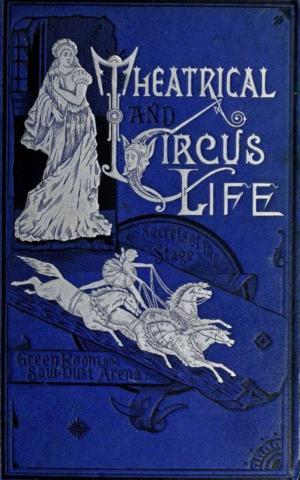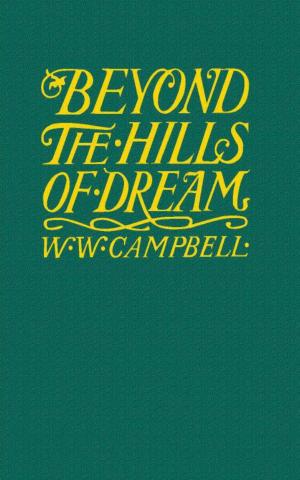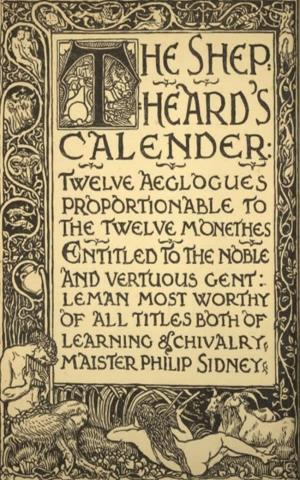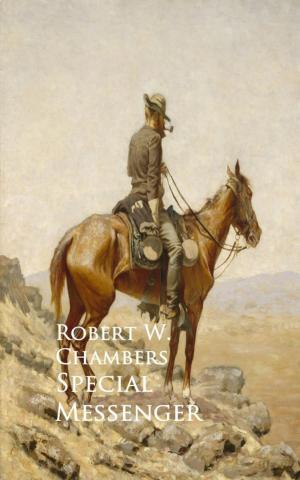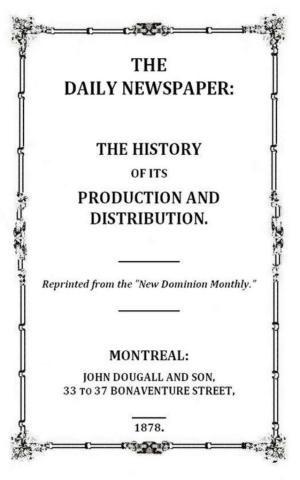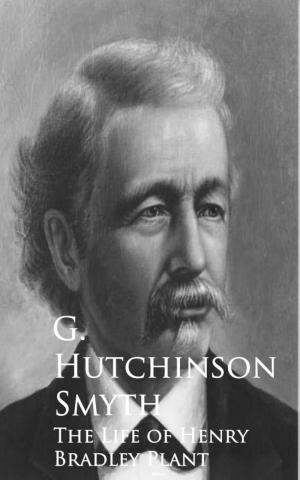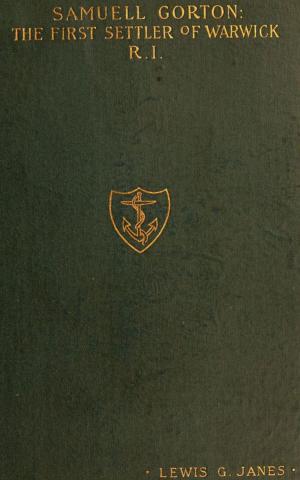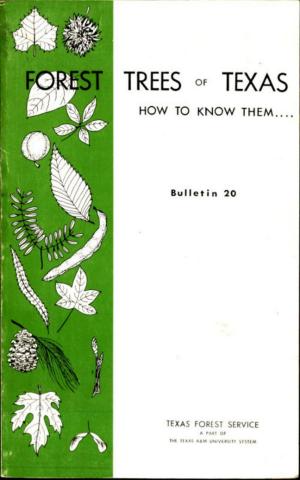Beyond the Old Frontier -
Adventures of Indian-Fighters, Hunters, and Fur-Traders
Fiction & Literature, Literary| Author: | George Bird Grinnell | ISBN: | 9783736418783 |
| Publisher: | anboco | Publication: | July 6, 2017 |
| Imprint: | Language: | English |
| Author: | George Bird Grinnell |
| ISBN: | 9783736418783 |
| Publisher: | anboco |
| Publication: | July 6, 2017 |
| Imprint: | |
| Language: | English |
To-day the vast territory lying between the Mississippi River and the Pacific Ocean is occupied by many millions of people. Fifty years ago, except on the Pacific slope, it had few white inhabitants. Then it was the Far West, beyond the frontier, the Indian country—the unknown. A journey into it was believed to be full of peril. In the minds of the general public it was as far away as Central China is to-day. Beyond the great river which bounded it on the east was a fringe of settlements. Scattered through the more distant country were the trading-posts to which the trapper brought his furs. Forts Garry, Benton, Union, Laramie, Bridger, and Bent were some of these. There were a few army posts, and as time went on others were established. Gold had been discovered in California, and a wild rush of people anxious to better their condition had started across the plains, bound for the distant Eldorado. It was a curiously mixed population that set out on this long journey. Farmers from New England, business men and clerks from the Middle States, planters and younger sons from the South; on foot and on horseback, carrying their possessions, large or scanty, in vehicles drawn by horses, mules, oxen, and cows, they struggled westward. They endured enormous toils; perpetually in fear of attacks by Indians, meetingvi the dangers, delays, and perplexities of wild men, strange surroundings, rough travelling, swollen streams, and exhausted live-stock. For many years the roads over which they had passed were marked by the skeletons of animals, by broken-down wagons, by furniture and household goods, thrown away to lighten the loads dragged by their feeble teams. Along these deep-worn roads were the graves of those who had perished on the way; sometimes mere mounds of earth, hardly showing on the level prairie, or perhaps marked by a bit of board thrust in the ground, bearing a pencilled name and date, which the winter's storms would soon obliterate.
To-day the vast territory lying between the Mississippi River and the Pacific Ocean is occupied by many millions of people. Fifty years ago, except on the Pacific slope, it had few white inhabitants. Then it was the Far West, beyond the frontier, the Indian country—the unknown. A journey into it was believed to be full of peril. In the minds of the general public it was as far away as Central China is to-day. Beyond the great river which bounded it on the east was a fringe of settlements. Scattered through the more distant country were the trading-posts to which the trapper brought his furs. Forts Garry, Benton, Union, Laramie, Bridger, and Bent were some of these. There were a few army posts, and as time went on others were established. Gold had been discovered in California, and a wild rush of people anxious to better their condition had started across the plains, bound for the distant Eldorado. It was a curiously mixed population that set out on this long journey. Farmers from New England, business men and clerks from the Middle States, planters and younger sons from the South; on foot and on horseback, carrying their possessions, large or scanty, in vehicles drawn by horses, mules, oxen, and cows, they struggled westward. They endured enormous toils; perpetually in fear of attacks by Indians, meetingvi the dangers, delays, and perplexities of wild men, strange surroundings, rough travelling, swollen streams, and exhausted live-stock. For many years the roads over which they had passed were marked by the skeletons of animals, by broken-down wagons, by furniture and household goods, thrown away to lighten the loads dragged by their feeble teams. Along these deep-worn roads were the graves of those who had perished on the way; sometimes mere mounds of earth, hardly showing on the level prairie, or perhaps marked by a bit of board thrust in the ground, bearing a pencilled name and date, which the winter's storms would soon obliterate.

